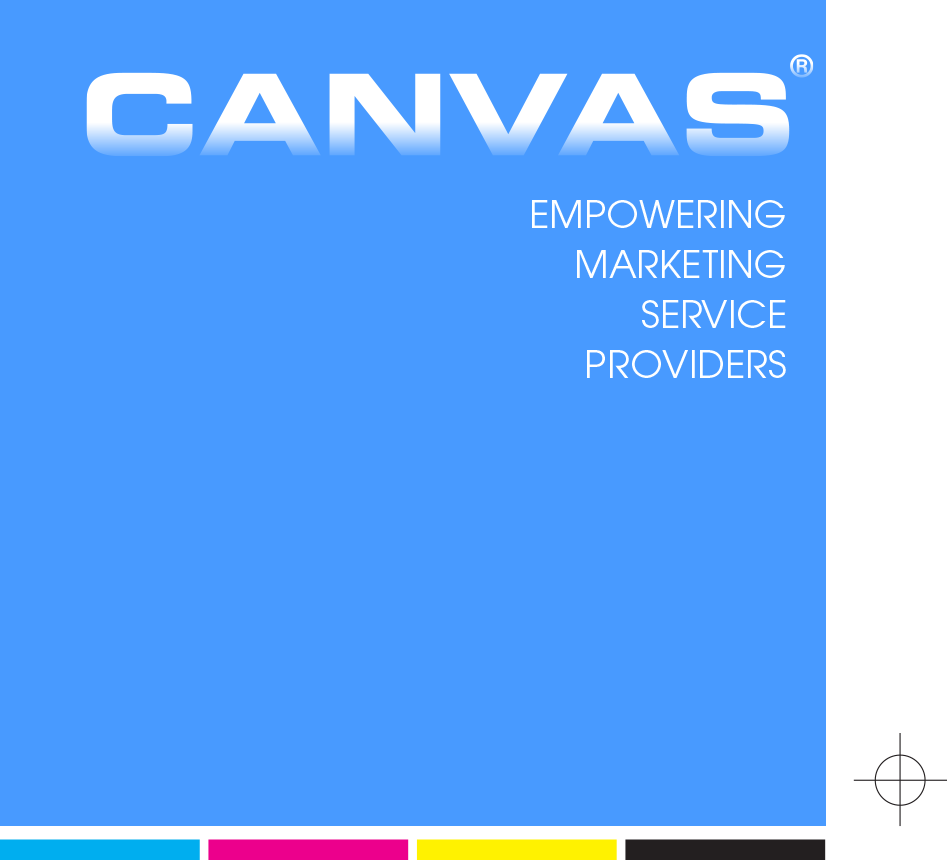“No one is useless in this world who lightens the burdens of another.” — Charles Dickens
The first time I stepped off the plane in Ethiopia, I suddenly and dramatically realized the world was a lot different than I had thought during my first 36 years on this earth. That might sound obvious, but for me, being in a completely foreign context enabled me to gain an understanding of what previously I could only imagine. And not just any foreign culture, such as a trip to Paris or Rome—this was a country with some of the poorest conditions on the planet, and my reason for being there was to internalize it so I could communicate it.
When I first decided to launch my firm, I wanted to focus on the kind of work I believed in, but more importantly, I wanted to create a culture that was positive and believed in helping to make the world a better place. No matter how naive that might sound, the reality is that most of us at some level want to make a difference, a positive contribution.
And while there are many ways to approach the subject of culture, our work in Africa—along with other mission-driven work—has made the biggest impact in the way I see, lead and feel at our studio.
It is all about being open to what presents itself. In other words, as you go about your work, what ideas or opportunities can you reflect on, talk about, participate in, ideate from and push for? In the process of understanding the realities and explaining them strategically, both visually and through your writing, you will experience a shift in your own consciousness.
For me and my team, taking it all in during our time in Africa—the joy and love, the heartbreak and anger—brought out the best in us, and in the work itself. By allowing ourselves to fully experience what was in front of us, we couldn’t help but look at our work—and each other—differently.
In the process of attempting to explain micro finance, for example, we helped develop and pilot new micro finance models. When we wondered how we could use design to help educate largely illiterate rural communities about malaria symptoms and medicine dosages, we were able to partner with several universities to develop innovative ways to accomplish this—and one year later we were in the field testing those ideas.
By changing what we see, we’ve changed how we see.
We partnered with a school to develop an illustrated manual for proper sanitation and safe water practices that could work independent of culture. And most recently, we have been able to be a part of creating an event that has helped thousands get safe water in Uganda and the Congo.
Get out and make things happen
None of this would have been possible if we had stayed within the confines of our comfortable studio, brainstorming from afar. No real shifts could have been made without getting on a plane and experiencing Africa for ourselves. Now, I am not suggesting you have to travel to a foreign land (especially during a pandemic) to experience a shift like this, but you definitely must find a way to experience worlds beyond your day-to-day, beyond your everyday normal.
The point is to be aware about what fuels your creative output. It is being intentional about creating a balanced intake of experiences that can shift your world, your teams, and your reality. This concept has dramatically handled the way my company values the work we do. We now understand how important, powerful, and valuable it can be—we have seen the impact firsthand. This has transformed the way we approach the design process. By changing what we see, we’ve changed how we see.
The same can be true for you. When you see the world differently, it influences what you design and the stories you tell. It challenges you to let go of any assumptions you might have. You do this by being purposeful and creating space for that understanding. Do your research, schedule time for play, and be committed to exploration. Expand your horizons, and over time, I think you will experience, as I have, a richer day-to-day existence and a more vital, engaged culture.
Here are some steps to take to get things rolling:
- Identify a list of things you or your team are passionate about.
- Look for an organization that shares those passions. Learn more about it and ideally serve as a volunteer.
- Figure out how you can help and/or how you can connect this organization with one of your clients.
- Dive in and experience new perspective.

